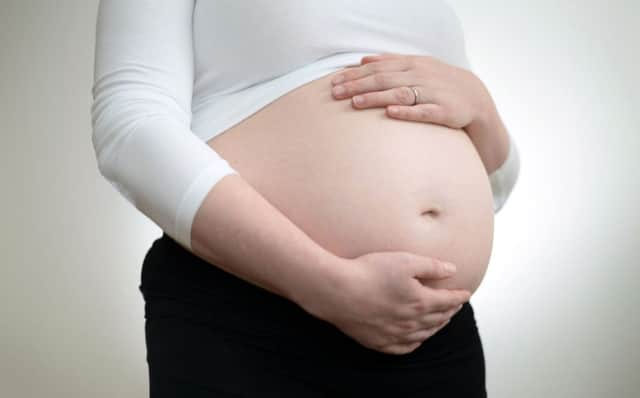Mother’s lack of iron raises baby autism risk


Low iron intake was associated with the higher risk if the mother was 35 or older at the time of the child’s birth or if she suffered from metabolic conditions such as obesity hypertension or diabetes.
The study by University of California was the first to examine the relationship between maternal iron intake and having a child with autism spectrum disorder (ASD).
Advertisement
Hide AdAdvertisement
Hide AdAssistant professor in the department of public health sciences Rebecca Schmidt said: “The association between lower maternal iron intake and increased ASD risk was strongest during breast feeding, after adjustment for folic acid intake.”
Three years ago she was the first to report associations between supplemental folic acid and reduced risk for ASD.
She added: “Further, the risk associated with low maternal iron intake was much greater when the mother was also older and had metabolic conditions during her pregnancy.”
The study published online in the latest edition of the American Journal of Epidemiology looked at mothers and their child enrolled in the northern California-based Childhood Autism Risks from Genetics and the Environment (Charge) Study between 2002 and 2009.
The participants included mothers of children with autism and 346 mothers of children with typical development.
The researchers examined maternal iron intake, including vitamins, other nutritional supplements, and breakfast cereals during the three months to the end of the women’s pregnancies and breastfeeding.
The mothers’ daily iron intake was examined, including the frequency, dosages and the brands of supplements that they consumed.
Prof Schmidt said: “Iron deficiency, and its resultant anemia, is the most common nutrient deficiency, especially during pregnancy, affecting 40 to 50 per cent of women and their infants. Iron is crucial to early brain development, contributing to neurotransmitter production, myelination and immune function. All three of these pathways have been associated with autism.”
Advertisement
Hide AdAdvertisement
Hide AdShe added: “Iron deficiency is pretty common, and even more common among women with metabolic conditions.
“However, we want to be cautious and wait until this study has been replicated. In the meantime the message is do what your doctor recommends.Take vitamins throughout pregnancy, and take the recommended daily dosage. If there are side effects, talk to your doctor about how to address them.”
For fertile women the most common causes of iron deficiency anaemia are heavy periods and pregnancy as their body needs extra iron for their baby.
According to the NHS, it is estimated that about one in every 100 people in the UK has ASD.
Janine Hunt, interim director of the National Autistic Society Scotland said: “Research that improves our understanding of autism’s complex causes is always welcome. However, the priority should be to ensure people with autism receive the support they need now in order to reach their full potential and live the life they want.”
ASD is a condition that affects social interaction, communication, interests and behaviour.
It includes Asperger syndrome and childhood autism.
The main features of ASD typically start to develop in childhood, although the impact of these may not be apparent until there is a significant change in the person’s life, such as a change of school.
There is no “cure” for ASD, although there are treatments, and children, young people and adults with ASD are often also affected by other mental health conditions such as attention deficit hyperactivity disorder, anxiety or depression.